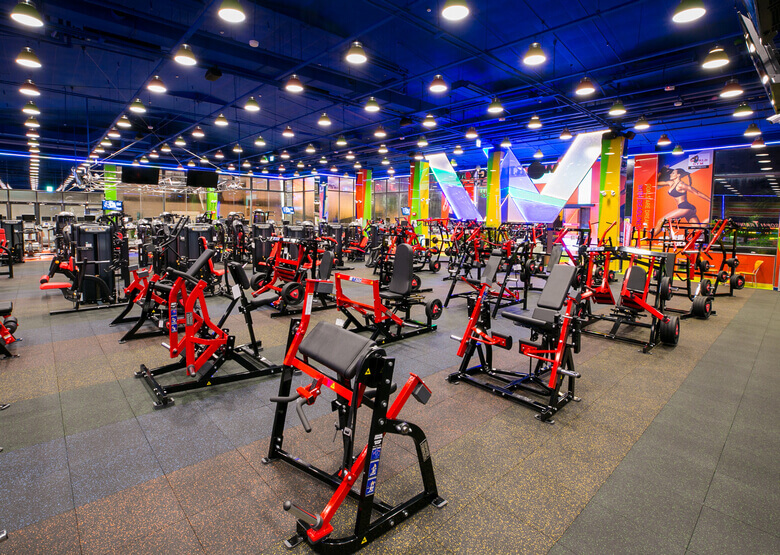I’m in my fifth week in Taipei, and one thing I’ve noticed is the dramatic difference of health and fitness communities in different East Asian cities. I’m not exactly a fitness guru but I typically dabble in some sort of activity in every new city I live in. I take notice of the way people exercise, eat, and even talk about their bodies. It says a lot about what each city values. Having spent time in Hong Kong and Shanghai before coming to Taipei, I can’t help but compare. The three cities may all share Chinese roots, but their approach to health and fitness are so radically different.
Taipei: Traditional
Taipei feels super traditionally Chinese. I felt like I was back in the NYC Chinatown parks and community centres. Fitness here isn’t just about the gym at all. It's about balance, longevity, and daily habits. Morning tai chi in the parks, herbal teas from neighborhood tea shops, acupuncture and TCM clinics on every block.
It’s not flashy, and it’s not about aesthetics. People here genuinely see health as maintenance: keep the body in balance, avoid extremes, and you’ll live longer and steadier. This was the habit from young to old. It was mostly old actually. Even in the commercial gym I went to, there’s less emphasis on sculpting an Instagram body and more on mobility, function, and prevention. It feels grounded and less performative than HK and Shanghai.
Hong Kong: Westernized
Hong Kong, by contrast, felt more commercialized and outdoorsy than Taipei. The fitness community I was in felt polished, westernized, and pretty competitive. There were a few luxury gyms, boutique studios, fancy expensive equipment, and international chains in HK island. Personal trainers, branded supplements, and fitness tracking devices are a big thing, and fitness often doubles as a lifestyle status symbol.
But what surprised me the most was Hong Kong’s connection to the outdoors. Hiking culture is huge. Outdoor cycling is huge. Marathon running is huge. People escape the density of Central and Kowloon to hit Dragon’s Back or Lion Rock, and trail running is almost a badge of honor. Fitness there feels aspirational but also social. I get it though because the city is packed worse than NYC imo. It’s incentive to push people outside compared to Taipei’s calm. Hong Kong felt more familiar to me in this regard
Shanghai: Hype
I will probably write a separate post on Shanghai alone because it is my least favorite city in East Asia. Nothing bad. But other cities were better. The fitness community in Shanghai felt like a trending cosmopolitan to the aesthetics and idea of fitness. Every trend I’ve seen online seemed to be a thing in the city. I was only there for a short time and I felt like the gym was promoting some new fitness class, workout style, or machine that I’ve seen on TikTok.
I go to the gym for one purpose – get a good sweat and dip. Maybe it was the gym I went to but maybe 10-15% of people there were not there to work out. These folks were often skinny, tall, or fit, so they treated the gym like curated spaces for photos, check-ins, and short videos. And these people weren’t shy about documenting their “progress” and talking about the next big trend or promoting a class/product/service. They would ask other people at the gym to move out of their frame in the middle of a workout. One girl had a spray bottle to mimic sweat before shooting.. Wild! Like everything in shanghai, working out was a hustle. Health seemed like a social currency, something you broadcast as part of a lifestyle brand. When I saw these people, I couldn’t help but feel the gym was not a place about being healthy and more about looking healthy, or being seen in the right places. At the same time, the real fitness folks at my gym were incredible. Some of these dudes were units and the ladies looked incredible.
